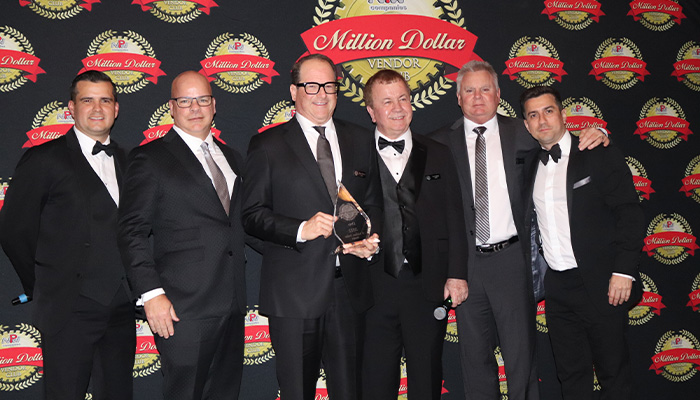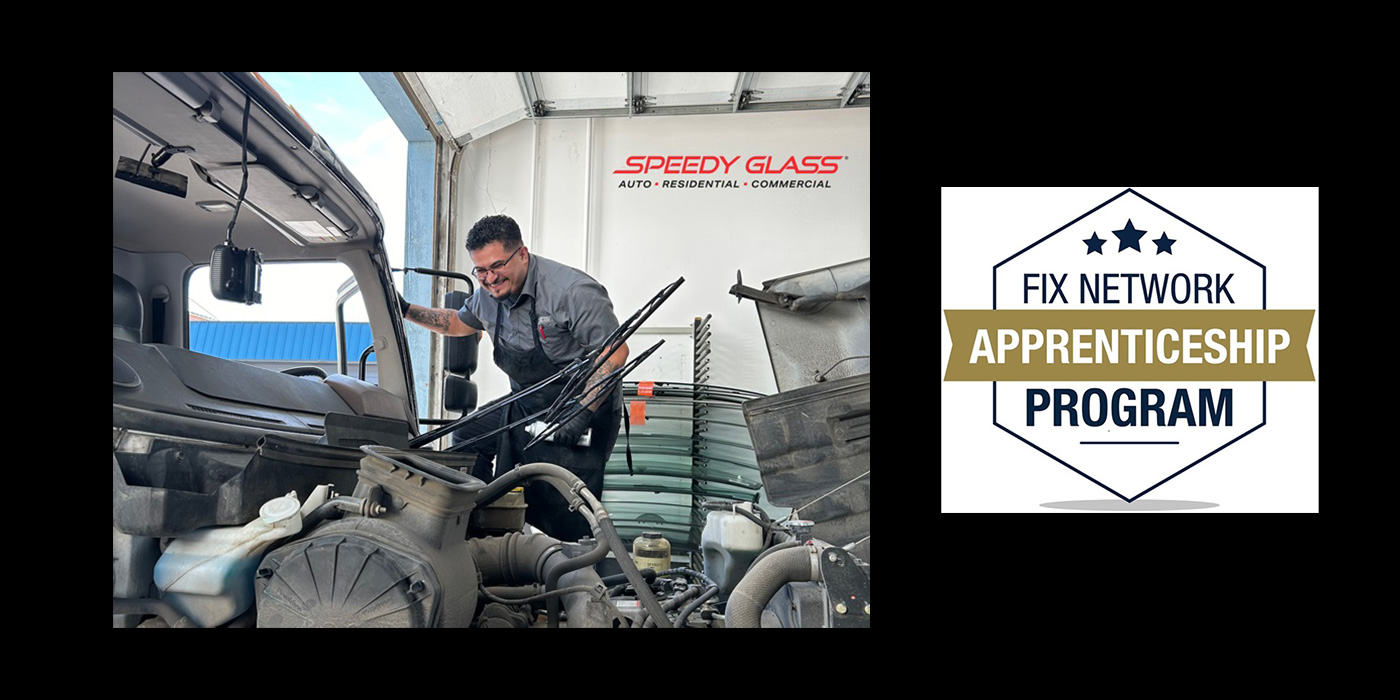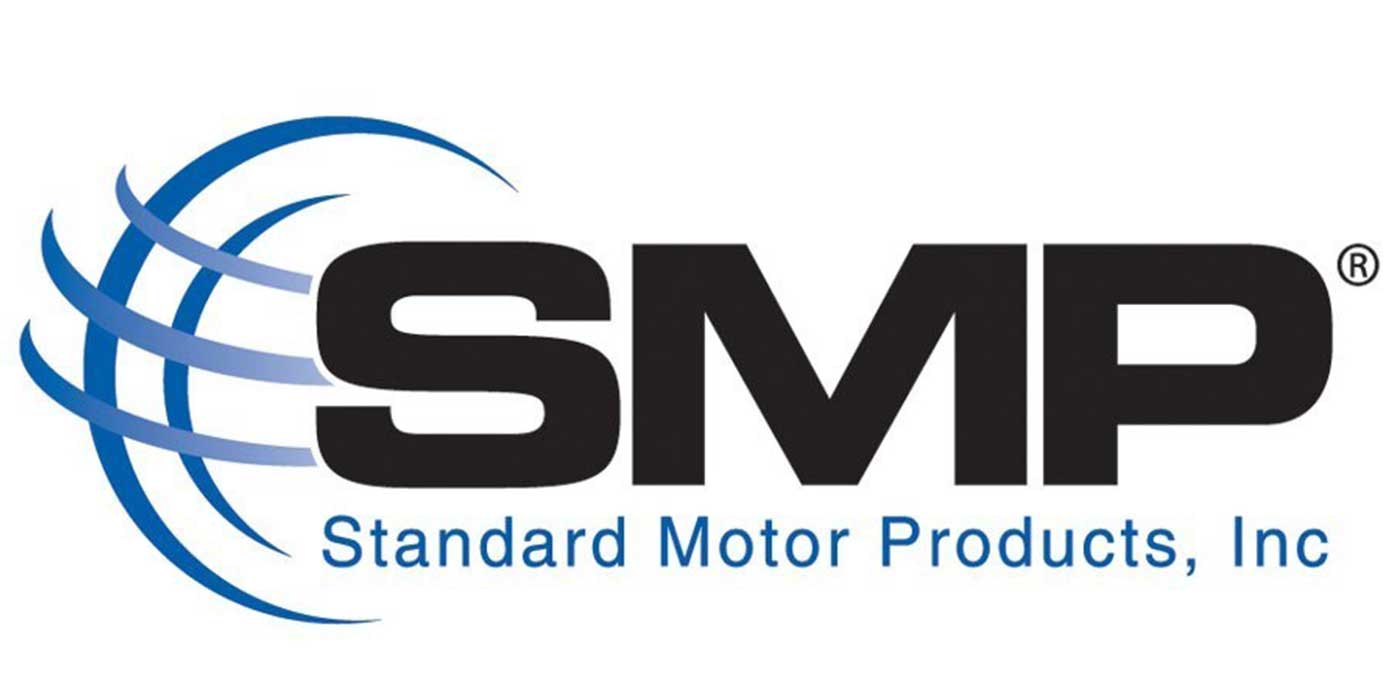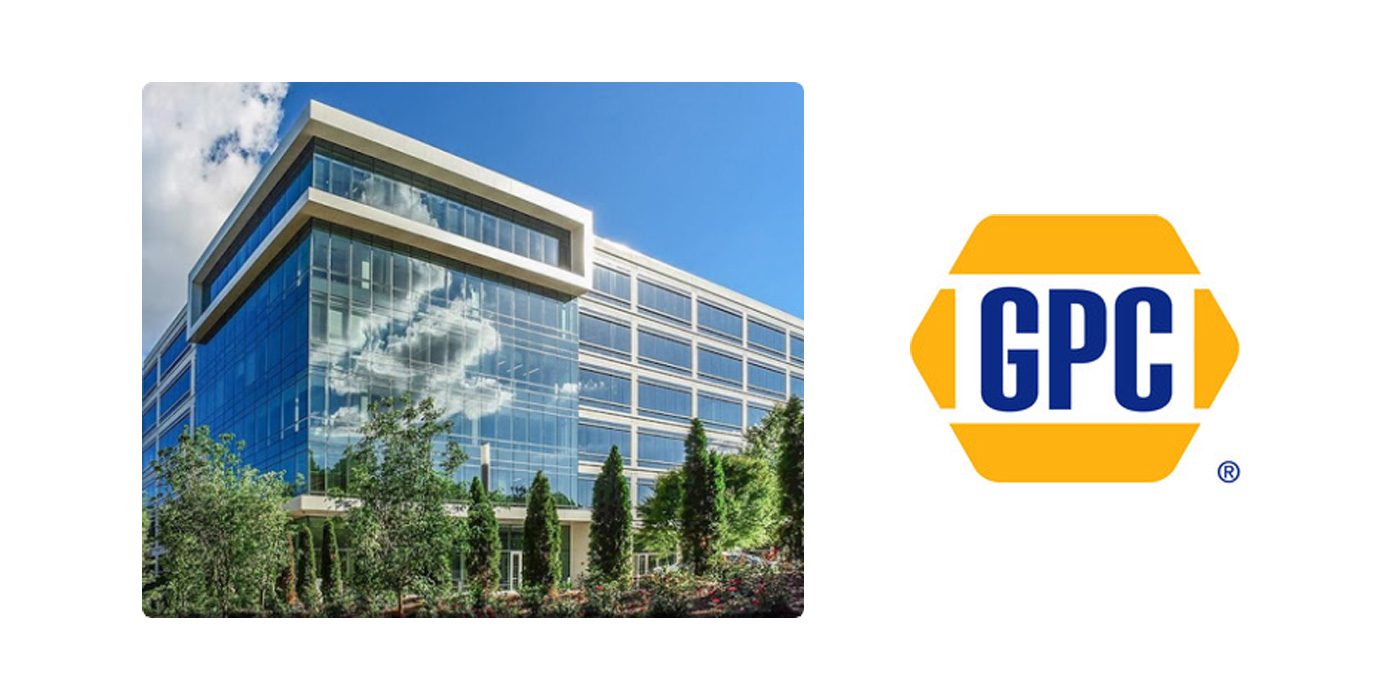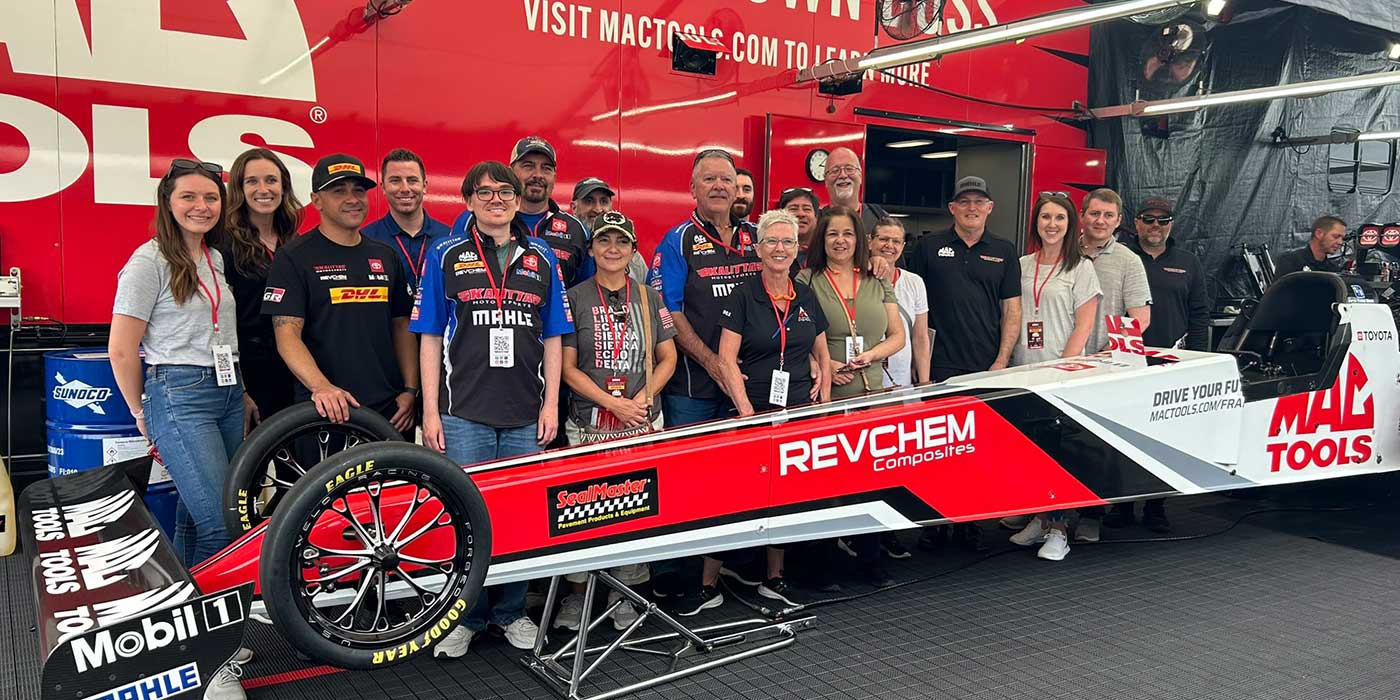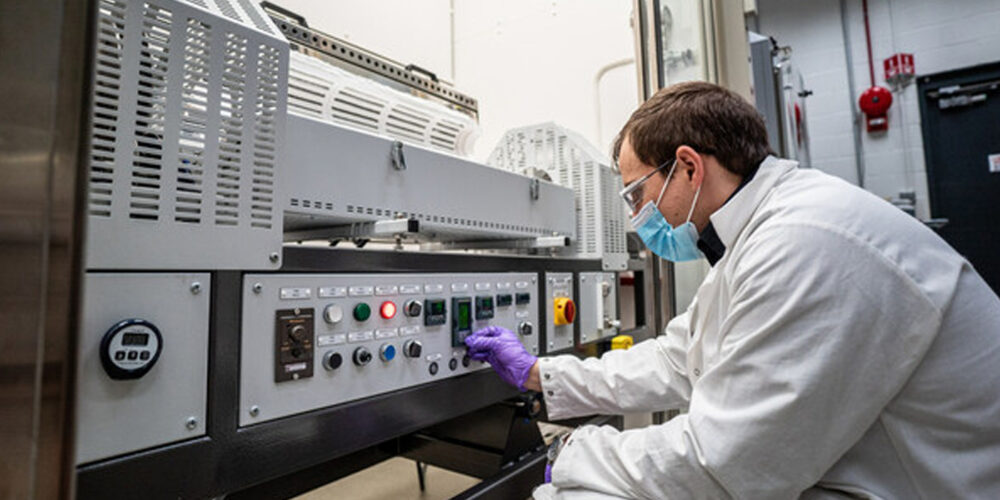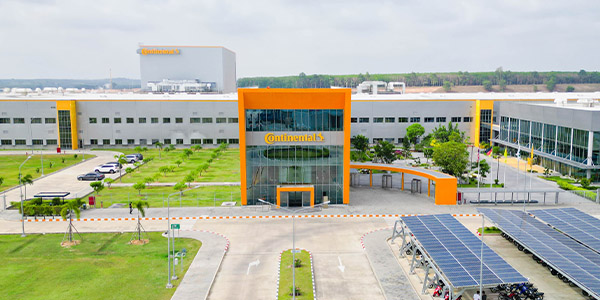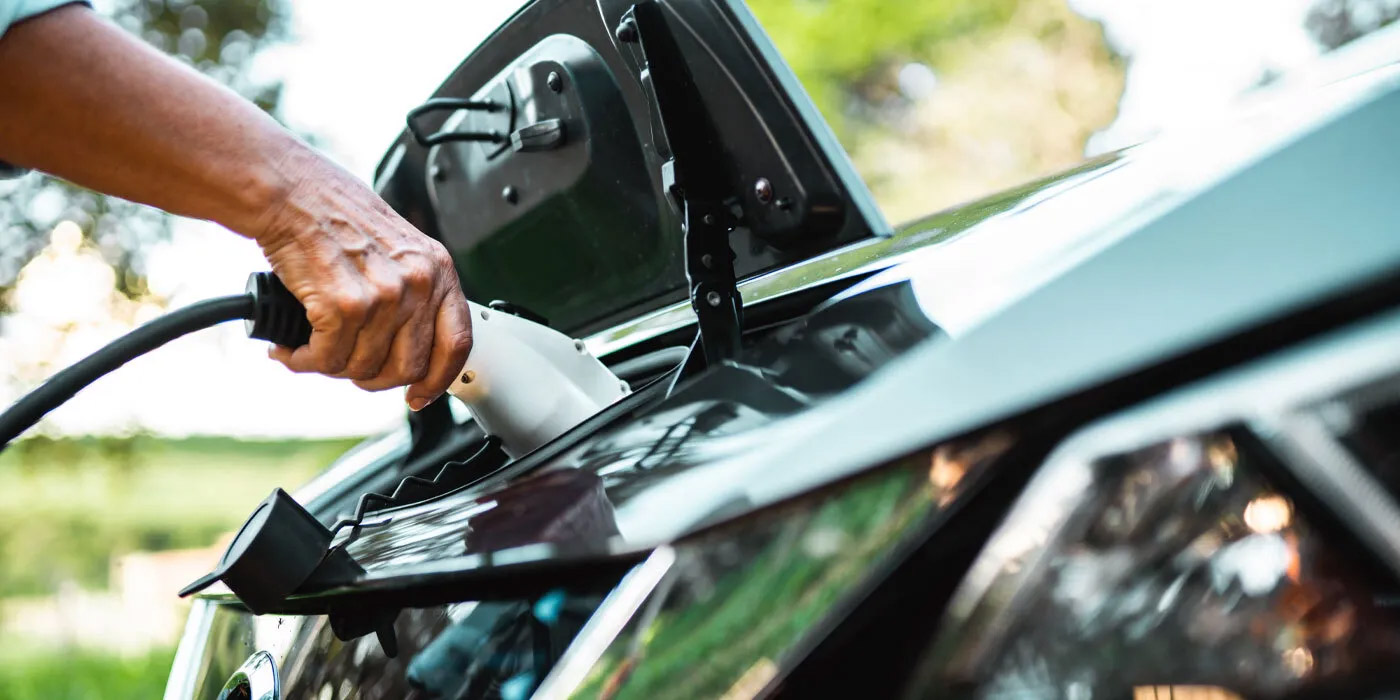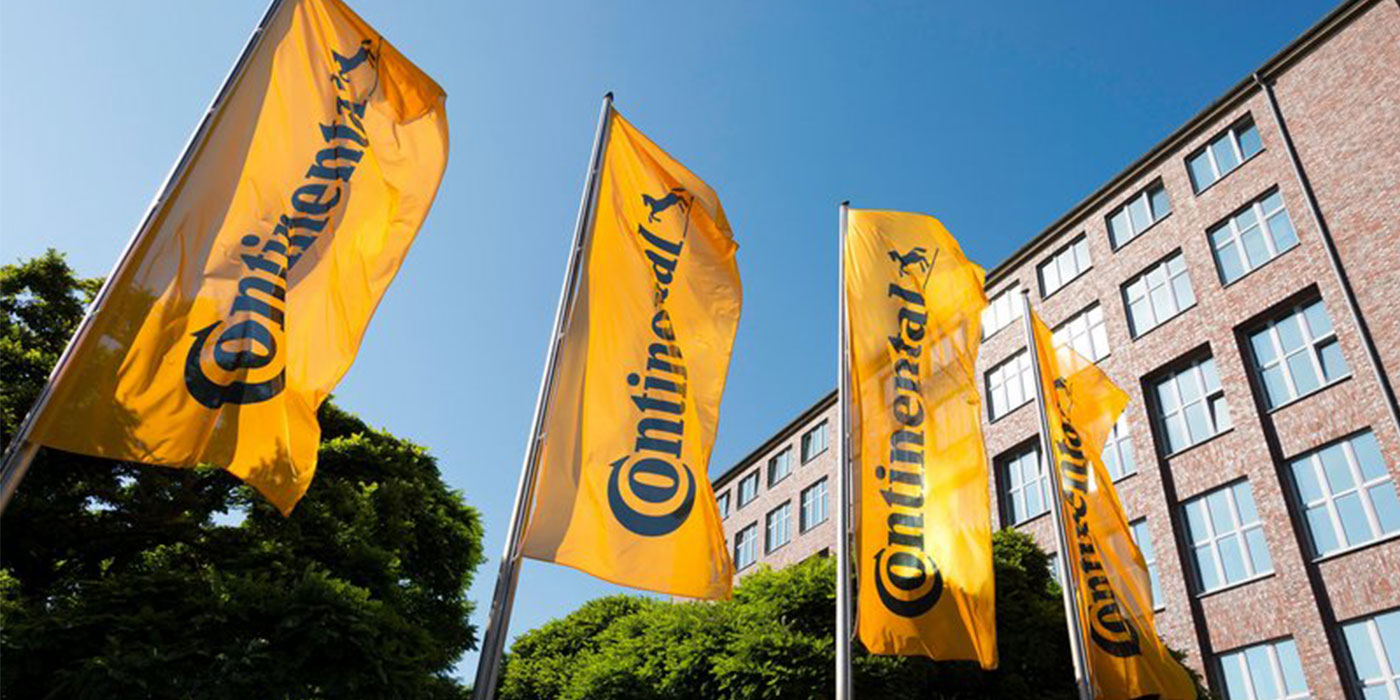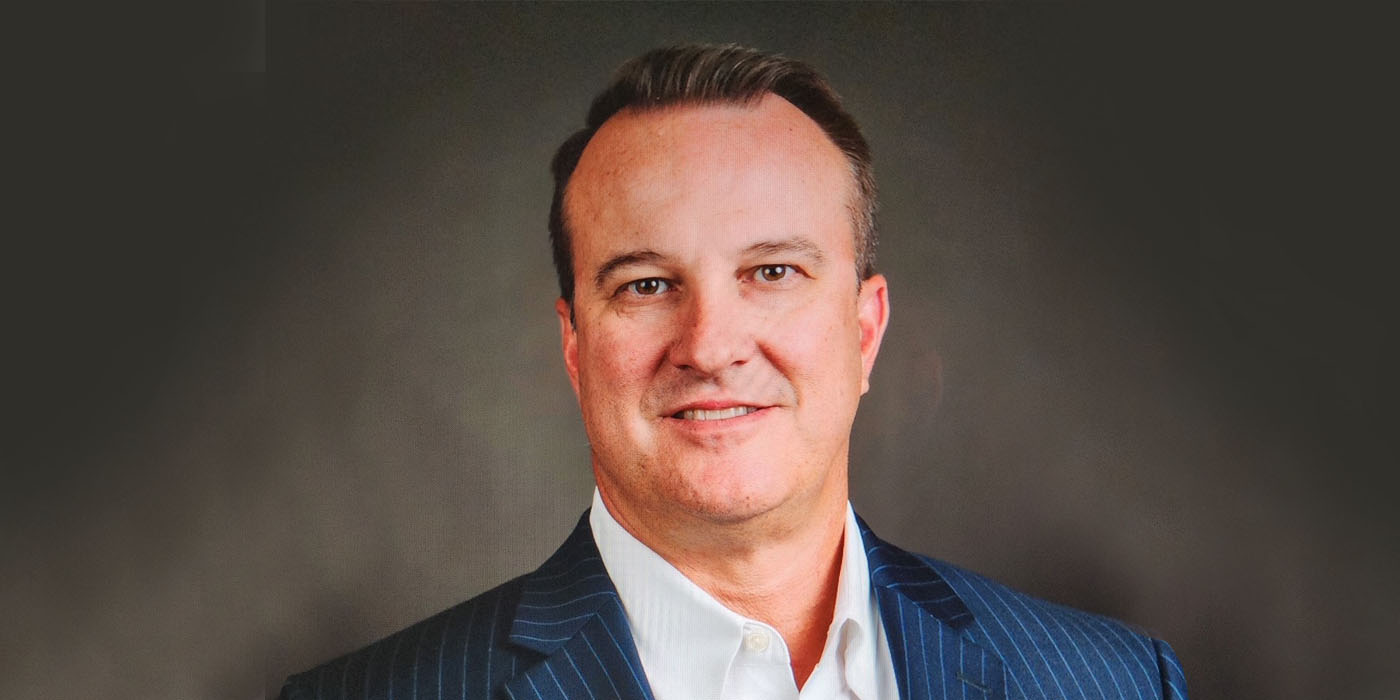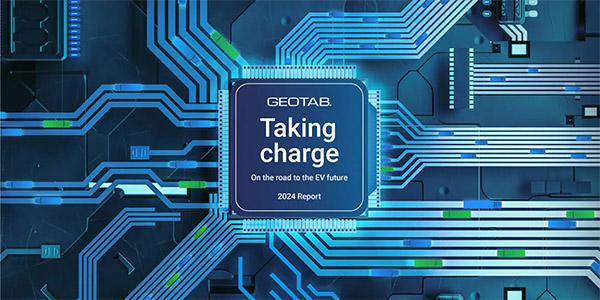From Roanoke Times & World News
ROANOKE, VA — Customers rushed in and out of a Roanoke, Va., Advance Auto Parts store on a rainy afternoon this week. Most walked without pausing past two televisions flashing above the cash registers and three sets hanging in the middle of the store.
But a drag-racing scene caught Travis Steber’s eye as he waited in line at the cash register.
“It’s pretty interesting,” he said. “It’s not like you would see anything like this anywhere else.”
Televisions advertising the latest car gadgets, Advance promotions and daily sports and weather updates aren’t new for the Roanoke-based automotive parts chain. They first were installed in some Advance stores five years ago. Now they’re in all its stores.
More retailers are trying out in-store television networks as a new way to reach customers, rather than only using signs and displays.
Retailers such as Kroger and Golden Corral are testing the networks. Wal-Mart was among the first to incorporate it.
At five Golden Corral restaurants in Raleigh, N.C., televisions flash images of food dishes, enticing customers to come back the next day for breakfast and lunch.
“It’s a terrific medium,” said Bob McDevitt, senior vice president of marketing for Golden Corral. “It’s a way for us to communicate to our customers in a medium that has all of the things that you look for in advertising communications. We’re measuring the results right now.”
Kroger is using in-store televisions in some parts of the country, but not yet in Roanoke, said Carl York, Kroger spokesman.
The use of in-store digital signage among retailers is expected to grow by 25 percent to 30 percent a year, said Norman McLeod, director in market research at Cap Ventures, a research consulting firm in Massachusetts. But many retailers still are wary of the cost, he said. Less than 1 percent of U.S. retailers use digital signage. “This is a surprisingly conservative bunch of people,” McLeod said. “They are still uncertain about the true effectiveness and return on investment of the system. Very few are just going to invest in being cool.”
There are some potential pitfalls associated with in-store digital networks. McLeod said many retailers don’t have the money to hire extra staff to operate a network. There also are logistical obstacles.
“There are a lot of factors involved in doing it right, putting displays in the right place, getting a balance between annoyance and yet making sure that people notice them,” he said.
Mike Fowler, director of the Advance network, said it’s difficult to gauge how the network affects the company’s sales. Advance produces much of its own content from Roanoke, and it uses video from contracted videographers. It also partners with companies that produce business television networks.
A satellite transmission unit in Roanoke feeds the information to 2,583 Advance stores across the country.
“It’s like any piece of advertising,” said Fowler, who has 24 years of television broadcasting experience. “How do you measure whether your signage works? It’s a piece of the puzzle that advertising is working.”
He would not discuss how much the network costs or any other financial details. But the network has not yet made a profit, according to an article in Baseline magazine, in which Fowler was quoted. Baseline details how industries use information technology.
In-store networks generally don’t make a huge profit, McLeod said.
“If you are expecting to make an overall profit purely on advertising revenues, you will almost certainly be disappointed,” he said. “I think Advance Auto Parts is getting other forms of return on its investment.” Customer satisfaction is an example, he said.
Fowler said there are other advantages of the network.
“It’s kind of like a living, breathing sign in the store that we can change at a moment’s notice,” he said.
A quarter of Advance’s programming is updated each week, so all content is new every four weeks, Fowler said. Influencing customers’ buying decisions as soon as they hit the store is another plus of the networks, McLeod said.
The Advance network has three channels. One is in English and another is in both English and Spanish. Employees watch another channel for instructions and company news.
The Advance network also is targeting do-it-yourself shoppers with how-to clinics that air on televisions the last Saturday of each month.
As the economy improves, McLeod said, digital signage will grow.
“From my viewpoint, I see only opportunity,” he said. “We believe this will become mainstream within five to eight years.”
But it only may be a reality for larger retail chains that have the money and staff to operate in-store networks, he said.
“This is not something that I would recommend investing in when your core business is doing badly,” McLeod added.
Copyright 2004 Roanoke Times & World News. via ProQuest Information and Learning Company; All Rights Reserved.
_______________________________________
Click here to view the rest of today’s headlines.

